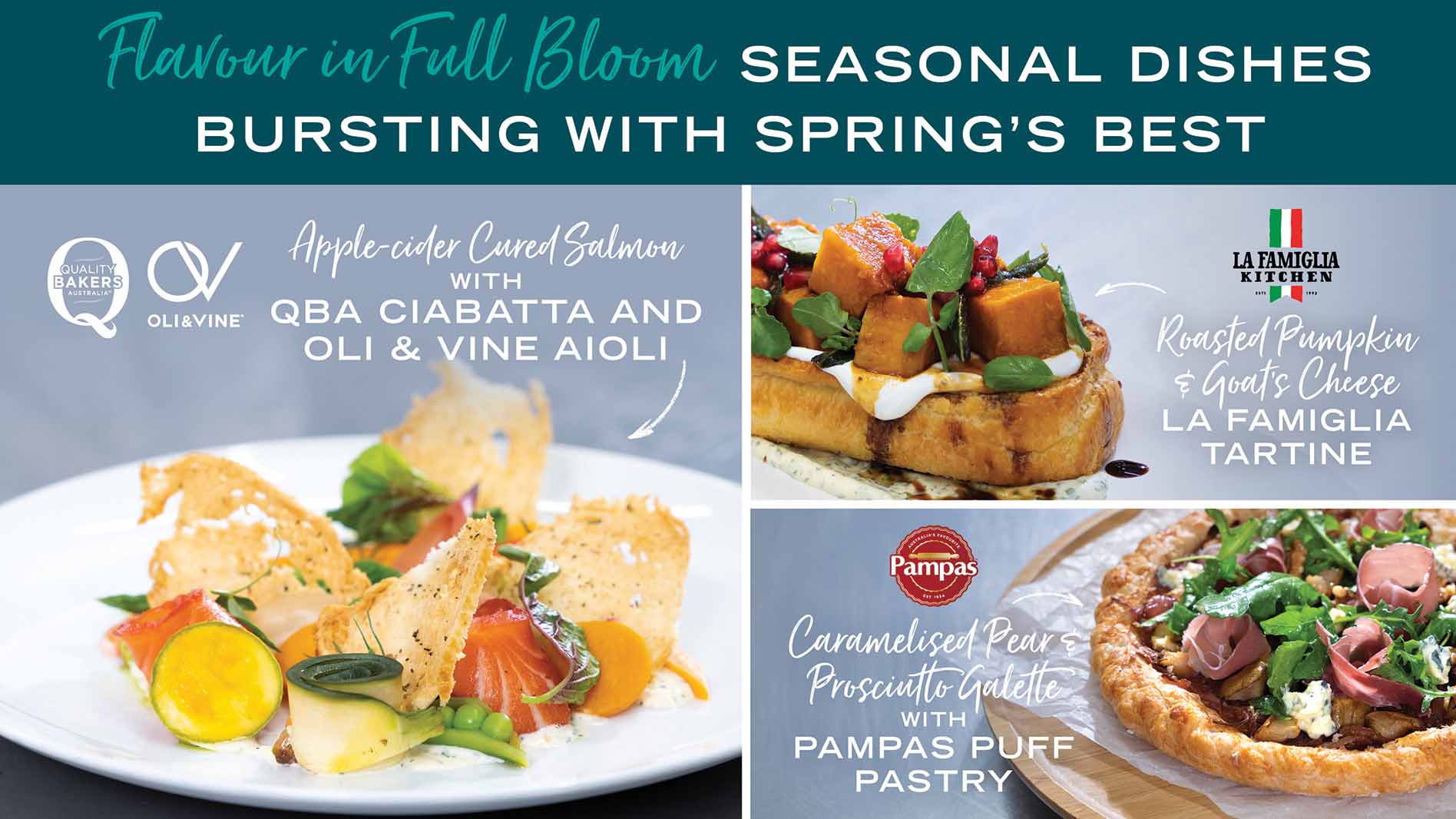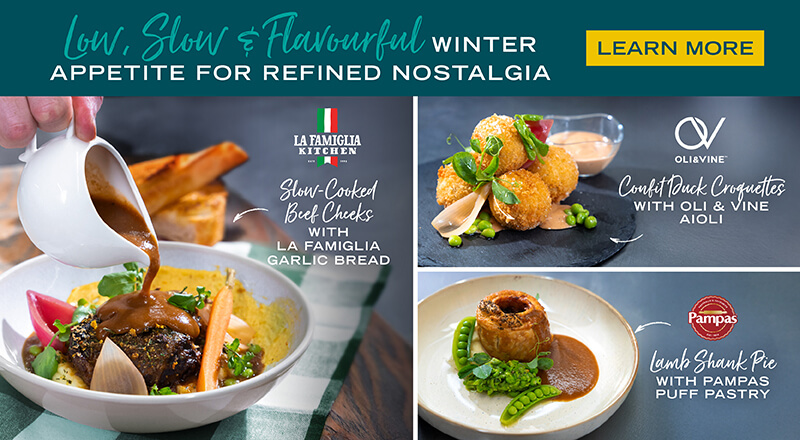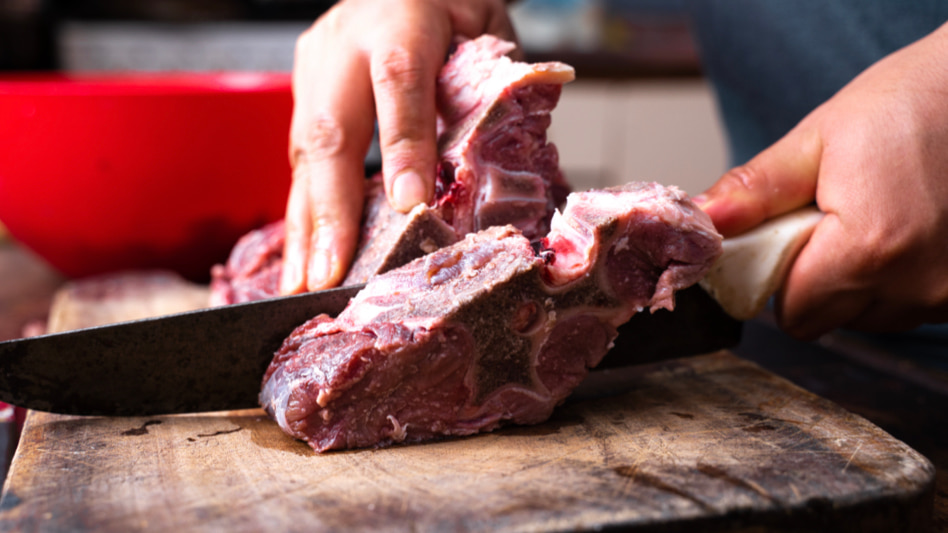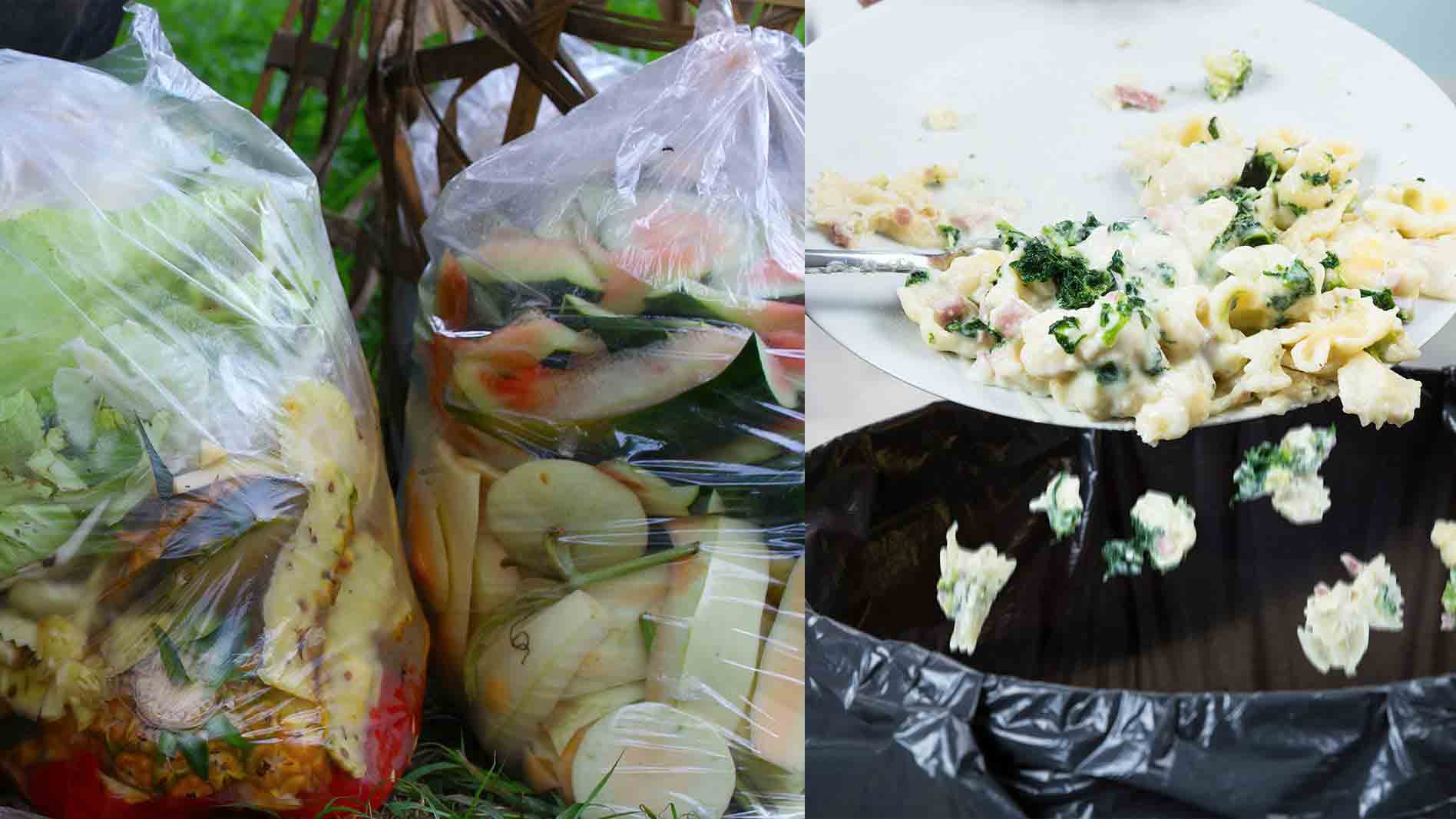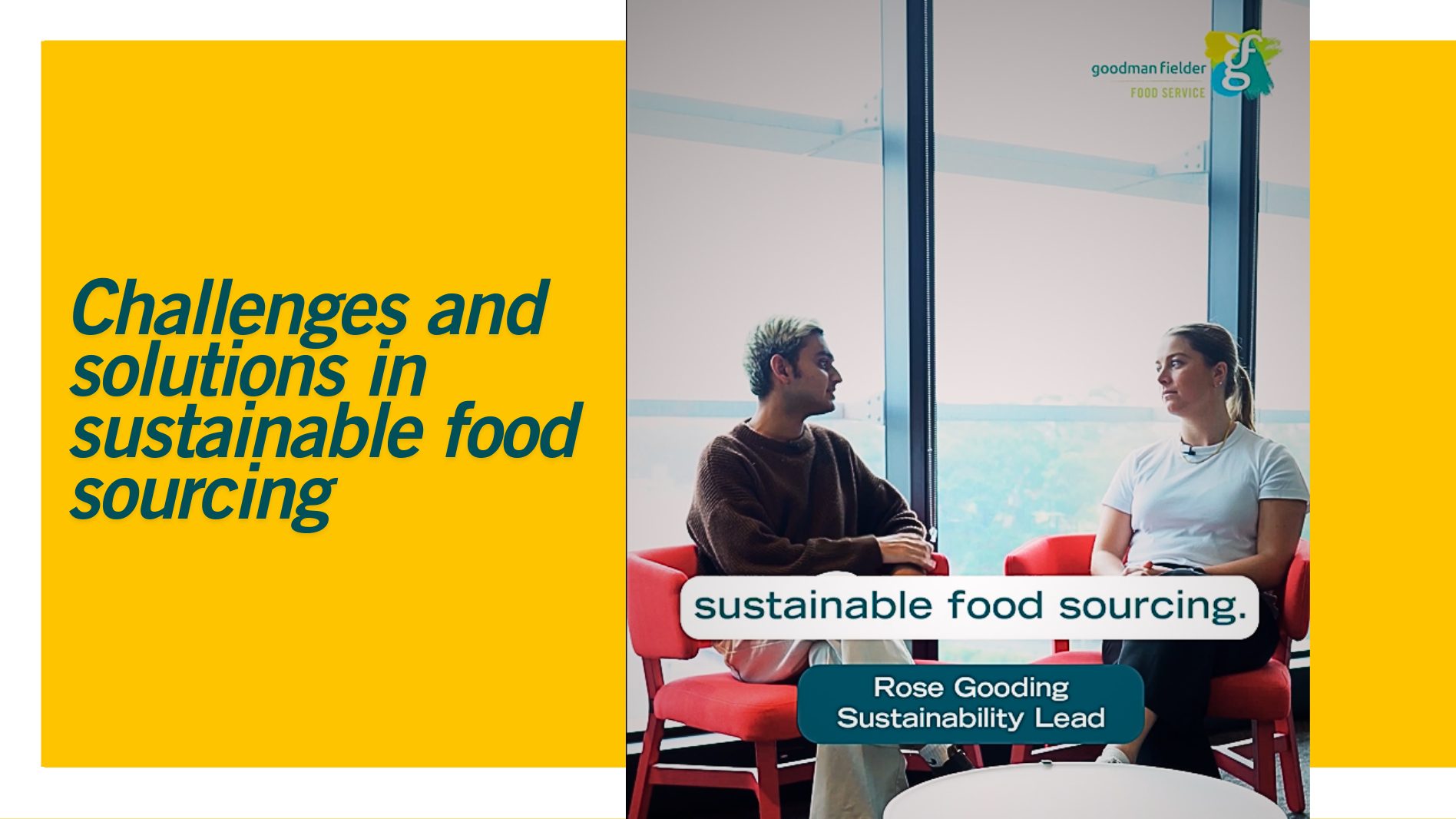
Is anything more satisfying than sitting down to a skilfully prepared meal using quality ingredients? Perhaps tucking in while knowing that each part of the meal was sustainably sourced.
For many reasons, sustainable food sourcing is the future of the food service industry. However, ‘sustainability’ is a complex area with ample challenges for food service professionals. Here we share lessons in the challenges and solutions from our own sustainable sourcing journey.
The growing demand for sustainable food
You have likely noticed, as we have, that consumers increasingly want to know how sustainable their food is. In fact, the World Economic Forum reports that as many as 65% of customers (and rising) want to buy more sustainable options.
Apart from being better for people and the planet, the demand for more sustainable food may also produce financial benefits. A recent study from McKinsey and NielsenIQ found that food products that promoted their environmental and ethical strengths had disproportionately high growth over the previous five years. Plus, consumers pay more for sustainable products, with one study reporting one in three would pay 25% extra.
What is sustainable sourcing?
While consumers often focus on environmental impacts, ‘sustainable sourcing’ is much broader. For a product to be sustainable, it must meet your current needs without compromising our collective ability to meet future needs. As well as environmental issues (from soil health to water quality to carbon emissions), we need to consider the treatment of animals and people. For example, the conditions for workers in manufacturing sites and farms.
On the environmental side, packaging is one aspect that consumers certainly have their eye on. However, Rose Gooding, Sustainability Lead at Goodman Fielder, says there is more to the footprint of a product. “Packaging represents only a small percentage of the environmental impact of a product. While it plays an important part in the effort to minimise food waste, the greatest impact can be achieved when packaging is considered as well as the sustainability of the supply chain, ingredients and process behind a product.”
Sustainable sourcing is broader than just packaging or plant-based food. It requires tracing every step of the value chain (or full lifecycle) of the product. This includes the sourcing of materials, production, transportation and waste. “It means having traceability of all the hands your products have touched to get to you,” says Rose.
Technology and trends in sustainable sourcing
One of the challenges in food sourcing is proactively making changes before consumers demand them. “If you wait for the consumer to tell you that’s what they want, you’re already behind your competitor who’s been working on this in the background,” explains Rose.
Networking with peers and industry bodies keeps you a step ahead by discovering what’s working for them. “My top tip would be to leverage tools that already exist,” says Rose.
“There are so many things already out there that other businesses are using. For example, a lot of businesses use the SEDEX database, an ethical sourcing tool that helps monitor modern slavery risk, so we don’t need to reinvent the wheel.”
Evaluating suppliers: standards and certifications for sustainability
Another significant barrier to sustainable sourcing is the complexity of a multitude of products, suppliers and vendors. Given the impossibility of improving every aspect of sustainability at once, having clear priorities for your business helps focus your efforts. “Thinking more long-term and being clear on your priorities can help you focus and take action on the right things for your business at the right time,” says Rose.
Having defined goals then provides a roadmap for evaluating suppliers. Look for businesses working within sustainability standards. For example, Goodman Fielder requires palm oil to meet a minimum Roundtable on Sustainable Palm Oil certification.
Evaluating sources is easier if you already have strong ties with your suppliers, a key part of the sustainable sourcing puzzle. A good working relationship also makes it easier to tell them what you expect and influence upstream change. “No one can achieve sustainable food sourcing by themselves. We all need to work together to drive it forward,” says Rose.
Practical actions toward sustainable food sourcing
If all this sounds like something only bigger businesses would take on, Rose encourages food service businesses of all sizes to work toward their own sustainability goals. “Any size business can get involved if they want to and are committed,” she advises.
To build momentum in making your business more sustainable, you probably know that starting with gradual changes is the way to go.
Some small initial steps towards more sustainable food sourcing might be:
• setting up a meeting with one of your suppliers to discuss their products upstream value chain and the key opportunities for improvement from a planet and people perspective
• adjusting your menu seasonally to capitalise on local ingredients at their freshest
• minimising waste with an accurate inventory and optimised ordering
• swapping out one meat-based dish on the menu for a plant-based meal
• highlighting the most sustainable options that you already offer customers – for example, sustainably sourced ingredients or efforts you’ve made to improve supply chain visibility
If you do choose more sustainable food sources or adopt sustainable practices, remember to share your achievements with industry peers and customers. Rose encourages food service businesses to leverage their work on sustainability by reporting their progress, “even if it’s incremental progress”.
Publicising your wins could inspire other food service professionals to tackle the challenges of sustainable sourcing with these solutions, creating a ripple effect that benefits the planet and our industry.
Find out more about Goodman Fielder’s nine sustainability goals and how they are being achieved.
Rose Gooding
Sustainability Lead
